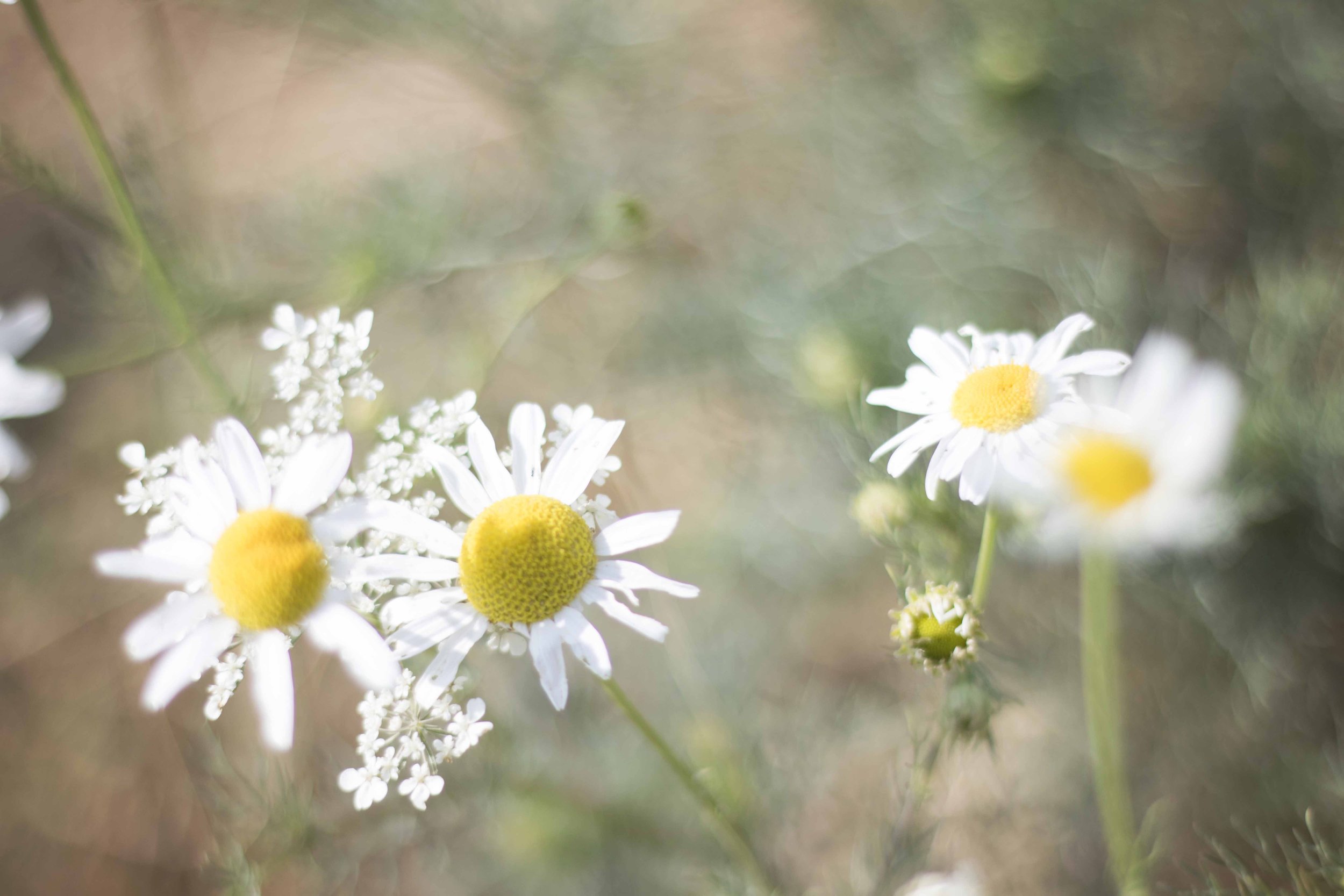
Herbal Medicine
WHAT IS HERBAL MEDICINE?
Herbal medicine (also known as botanical medicine, plant medicine, phytotherapy, or herbology) is the use of medicinal plants and herbs in various preparations to not only address specific ailments, but to support the body and mind as it moves back into a state of health and balance. This is accomplished by preparing specialized formulas according to each individual’s needs, focusing on the bigger picture rather than just treating symptoms.
Depending on the plant, herbal preparations are made from the seeds, flowers, leaves, bark, and/or roots. They can take many forms, the most popular being herbal infusions (teas), tinctures (alcohol-based extracts), capsules, and creams or salves.
Being the oldest form of medicine known to humans, herbal medicine is still the primary form of health care for over 80% of the world today. It has only been in the past 50-100 years that we have moved away from herbs being our primary source of medicine. Today, herbs are once again coming to the forefront as individuals seek more natural support for their health concerns.
Herbal medicine can be used on its own or in collaboration with other health modalities, including allopathic medicine. It can effectively treat everything from the common cold to more chronic conditions like autoimmune disease. The reason why herbal medicine can address such an array of challenges is because it provides the nourishment and support that the systems of the body need to recover and restore, allowing the body to regain its natural state of balance.
What is a Herbalist?
A herbalist is any individual that uses plants to help support and bring balance back to the body, whether this is in their own backyard or in a more professional setting. A Medical or Clinical Herbalist (also known as a Registered Herbal Therapist or Phytotherapist) is an individual who has extensively studied herbal medicine, biomedical sciences, and has undergone training in a clinical setting.
Herbalists believe in supporting you as a person, rather than just addressing your symptoms or complaint, and so we offer long consultations in order to get to know you and your story. When pain, illness, or dis-ease arises, it is the body’s way of telling us that something is out of balance or that a need is not being met. It is a herbalist’s job to listen to both you and your body, deciphering what your body is trying to say.
The goal is to get to the root of the problem and for you to feel your best in the most natural way possible.
Herbal Medicine & Complexity
A large part of how plants affect the body is based on their chemical makeup. Since the 18th century, scientists have focused on what is considered a plant’s “active constituents,” isolating and extracting these compounds for research. Several of our most powerful pharmaceutical drugs today are still derived from plants, rather than synthesized in a laboratory. However, the more a single constituent is isolated and manipulated, the harsher it can act in the body, increasing the possibility of side effects.
While herbs are often looked at and researched for their active constituents, they are, in fact, made up of hundreds to perhaps thousands of constituents, all of which interact in complex ways to support the function, survival, and therapeutic effects of the plant. Herbalists believe in the importance of using the plant as a whole for this reason, something modern research is now starting to realize. For example, it is the complex interactions of these constituents that prevent bacteria from becoming resistant to antimicrobial herbs.
Plants, like humans, are complex organisms which are ultimately more than the sum of their parts. As such, the practice of herbal medicine is as much an art as it is a science. The science aspect comes from the understanding of human physiology and how the systems of the body function, as well as how each herb and their constituents affect and interact with these systems. The art, however, comes from the understanding that you are more than a set of symptoms; you are a unique being with a particular constitution. Herbs, like people, also have unique “personalities” and constitutions. As herbalists, we spend our entire careers developing an intimate knowledge and relationship with each plant. Drawing on this knowledge we are able to choose and combine herbs based on who you are as an individual and on the characteristics of the condition you are presenting with.



